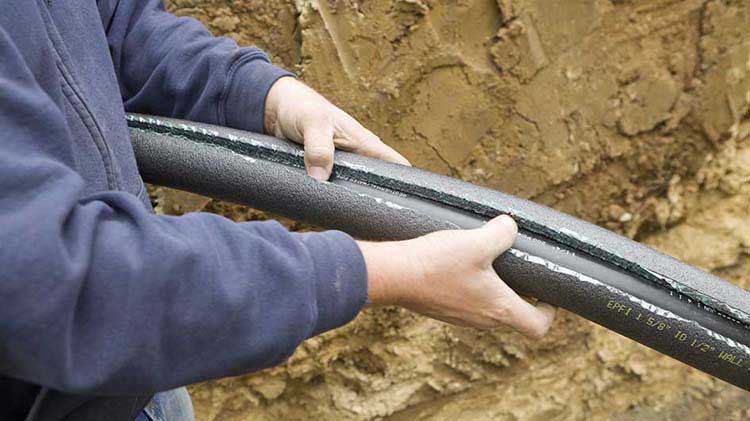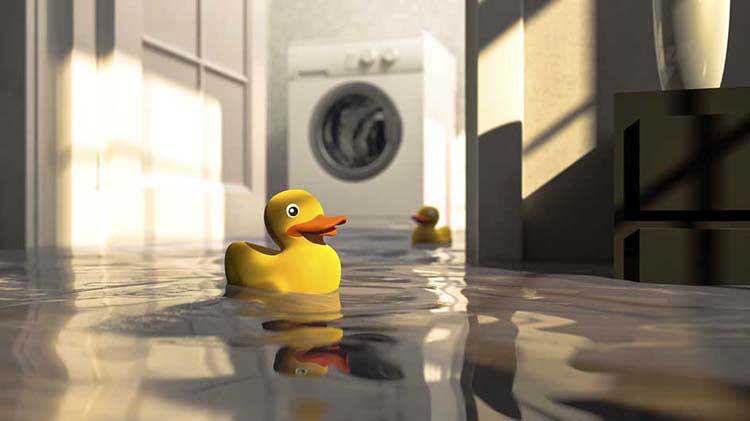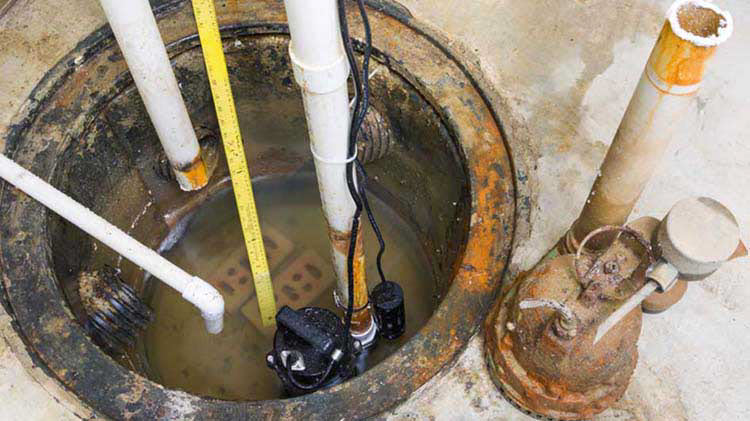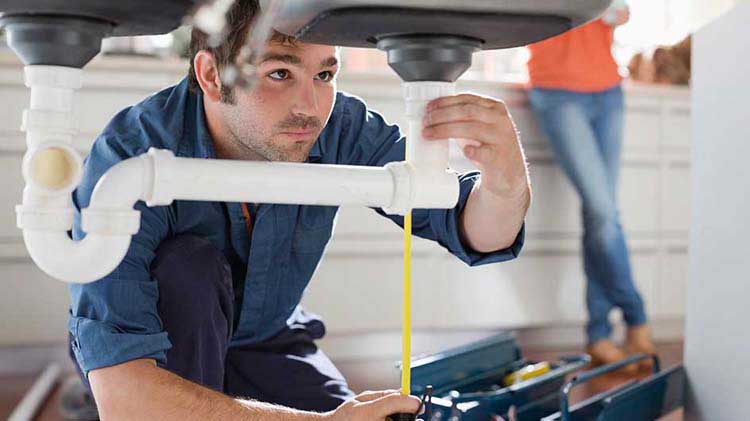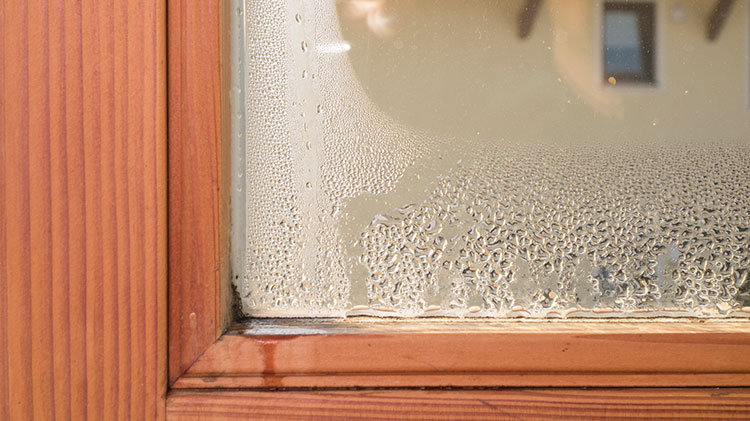How to prevent pipes from freezing
Consider these ideas to help prevent frozen pipes — and what you might try if they do freeze.
In addition to conducting regular winter home maintenance, protecting pipes from freezing is important. Even a tiny crack in a pipe may spew hundreds of gallons of water causing flooding, damage to your furnace or structural damage. It might also present an immediate potential for mold.
Frozen water pipes are a problem in both cold and warmer climates, affecting families each winter. Pipes can freeze and burst when temperatures dip below 32 degrees Fahrenheit — and frozen pipes can occur in homes with both plastic and copper pipes. By taking the preventative measures below, you might help reduce the risk of frozen water pipes and the resulting property damage.
Tips to help prevent frozen pipes
Common causes of frozen pipes include quick drops in temperature, poor insulation and thermostats set too low. To help keep your pipes from freezing, think about preparing your home during the warmer months.
- Insulate pipes. Because exposed pipes are more susceptible to freezing, pipe insulation in your home's crawl spaces and attic may help even if you live in a climate where freezing is uncommon.
- Try heat tape or heat cables. Heat tape or thermostatically-controlled heat cables may be used to wrap pipes. Consider using products for the intended use (exterior or interior) and those approved by an independent testing organization, such as Underwriters Laboratories Inc. Carefully follow all manufacturer's installation and operation instructions.
- Seal leaks. Look for air leaks around electrical wiring, dryer vents and pipes. Thoroughly seal leaks with caulk or insulation to help keep the cold out.
- Secure outdoor hoses, valves and faucets. Before winter hits, disconnect garden hoses and, if possible, use an indoor valve to shut off and drain water from pipes leading to outside faucets. This may help prevent freezing of the short span of pipe just inside the house.
- Let water drip. A trickle of water might be all it takes to keep your pipes from freezing. Let warm water drip overnight when temperatures are cold, preferably from a faucet on an outside wall.
- Adjust the thermostat. Keeping your thermostat set at the same temperature day and night may help prevent frozen pipes. During extreme cold, this may also help reduce the strain on the furnace.
- Open cabinet doors. This allows heat to get to un-insulated pipes under sinks and appliances near exterior walls.
Get a homeowners insurance quote
Want to protect your home?
Ways to help avoid frozen pipes while on vacation
Before you leave, take measures to help protect your home so you can enjoy the time away, rather than worry about pipes and security. A few things to remember include:
- Check the thermostat. Set the thermostat in your house no lower than 55 degrees Fahrenheit (12 degrees Celsius). Also check and replace the battery in your thermostat, if needed.
- Ask for help. Consider asking a friend or neighbor to check your house daily to see that it's warm enough to prevent freezing.
- Shut off the water. Shut off and drain the water system. Be aware that if you have a fire protection sprinkler system in your house, it may be deactivated when you shut off the water.
What to do if pipes freeze
Pipes do not always burst when frozen. There are a few things to keep in mind:
- Call a plumber if needed. If you turn on your faucets and nothing comes out, leave the faucets turned on and contact your plumber.
- Avoid applying flames to thaw pipes. Never try to thaw a pipe with a torch or other open flame because it could cause a fire hazard.
- Consider a hair dryer as a possible heat source (with caution). You may be able to thaw a frozen pipe using a hair dryer. Before you start, see that you are not in or near standing water or near flammable materials. Start by warming the pipe as close to the faucet as possible, working toward the coldest section of pipe.
- Shut off the water supply. If your water leak detection system has already gone off or your pipes have burst, turn off the water at the main shutoff valve in the house. See that everyone in your family knows where the water shutoff valve is and how to open and close it. Be sure to leave the water faucets turned on.
Frozen pipes may be prevented by taking the right steps. Discover ways to reduce your energy use during cold winter months.
